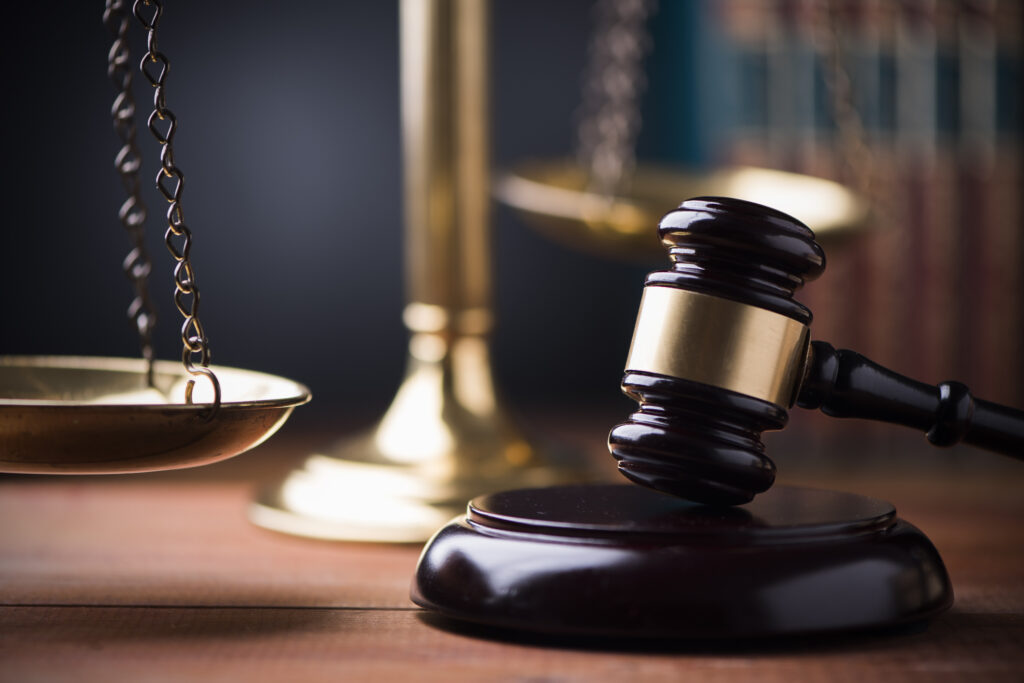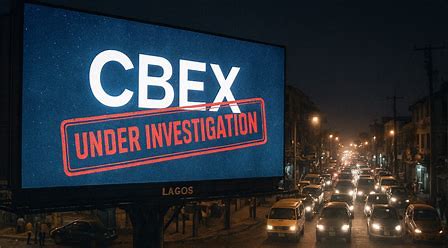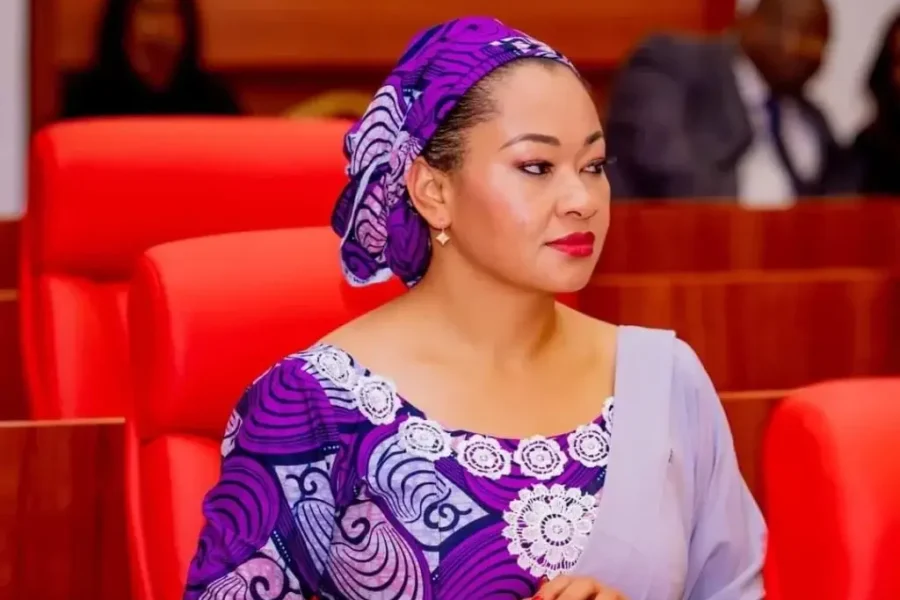Debunking the Myth: Legal Professionals and Moral Standing
The age-old stereotype that lawyers are destined for eternal damnation has persisted in society for generations. As a law student at Bayero University, Kano, I’ve encountered this prejudice firsthand, from childhood memories of someone condemning my lawyer father to frequent questions about whether I’ll practice law given this supposed moral burden.
This misconception largely stems from the public’s discomfort with lawyers defending accused criminals. However, this perspective overlooks fundamental principles of justice and the true nature of legal practice.
Legal practitioners are defined under Section 24 of the Legal Practitioners Act as individuals entitled to practice as barristers or both barristers and solicitors. Contrary to popular belief, lawyers are bound by strict ethical standards and professional conduct. As noted by Niki Tobi JSC, lawyers serve those in need and trouble, not to instigate conflicts but to protect rights through legal expertise.
The Constitutional Right to Defense The Nigerian Constitution’s Section 36 guarantees every accused person the right to legal representation and fair hearing. This fundamental principle, expressed in the Latin maxim “Audi Alterem Patem,” ensures both sides of a case are heard. Importantly, no one is legally considered a criminal until proven guilty in court.
Criminal justice requires precise legal definitions under Section 36(12) of the 1999 Constitution. As demonstrated in Aoko v. Fagbemi (1966) All NLR 400, actions must be specifically defined as crimes in written law to be punishable, regardless of moral repugnance.
Justice’s Three-Way Street Justice, as eloquently defined by Oputa JSC in Josiah v. State (1985) 1 NWLR (Part 11) 125 at 141, serves three parties: the accused, the victim, and society. The legal profession’s Cab Rank Rule further ensures access to justice by requiring lawyers to accept clients regardless of their reputation or case nature.
Rather than condemning lawyers to hell, their role in upholding human dignity and fundamental rights as guaranteed by the Constitution suggests quite the opposite. They serve as essential guardians of justice, setting aside personal bias to ensure fair legal representation for all.






Leave a Comment